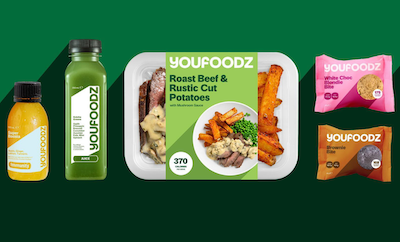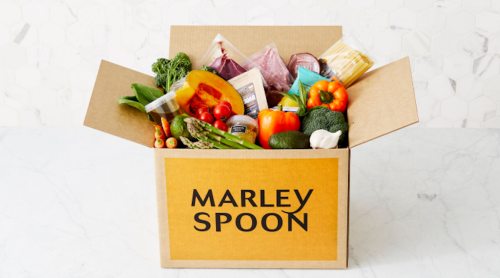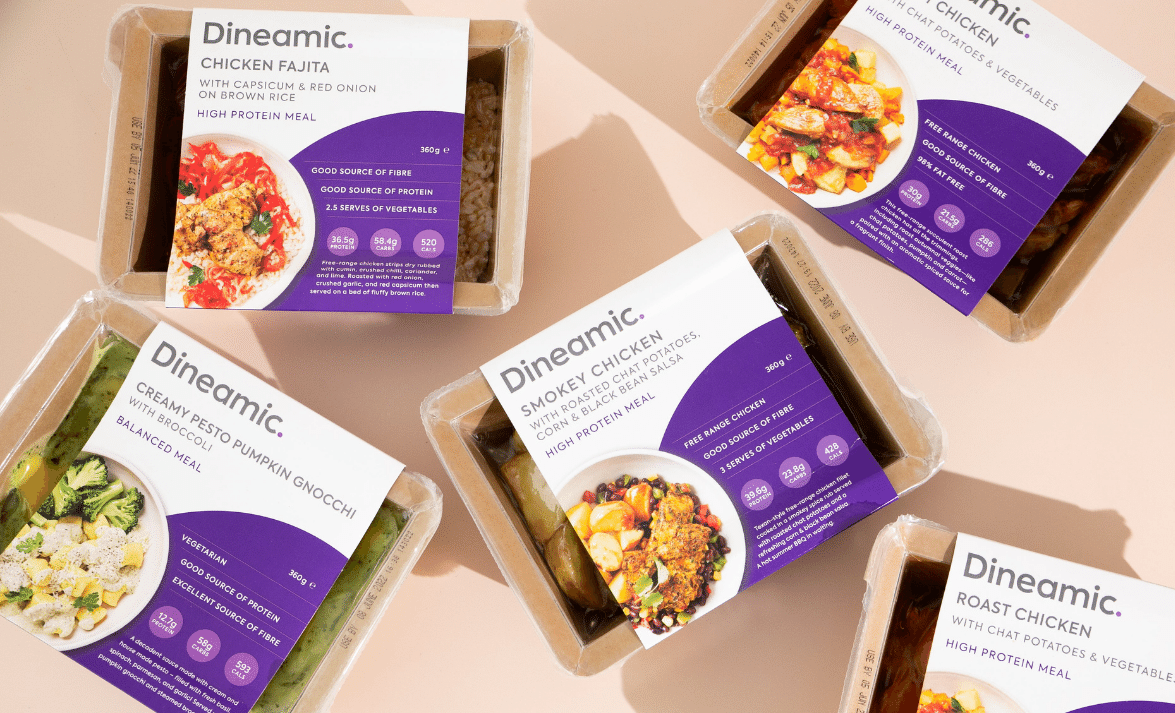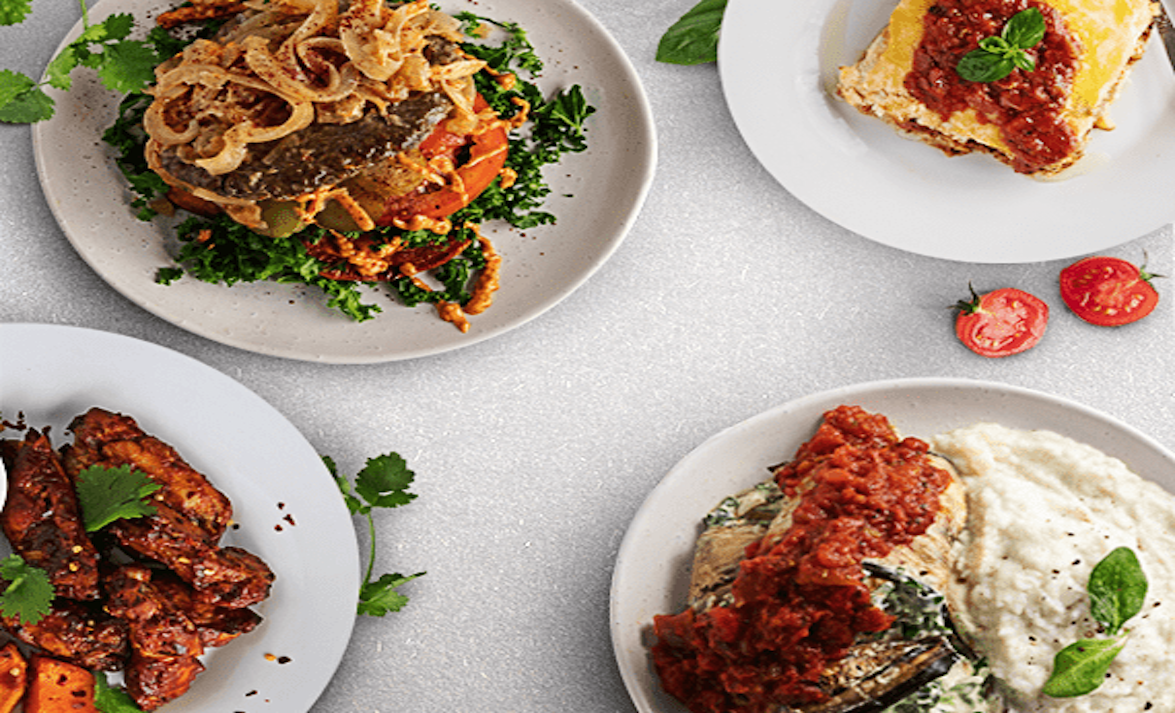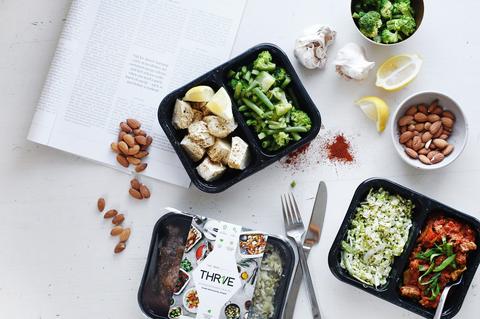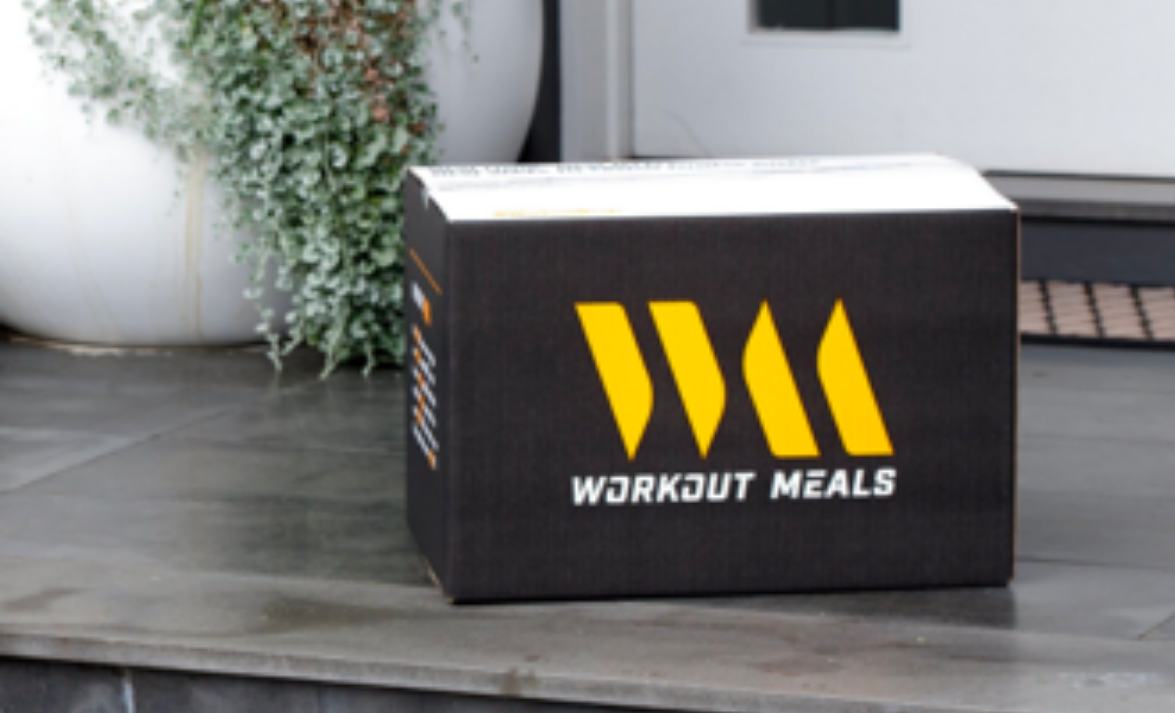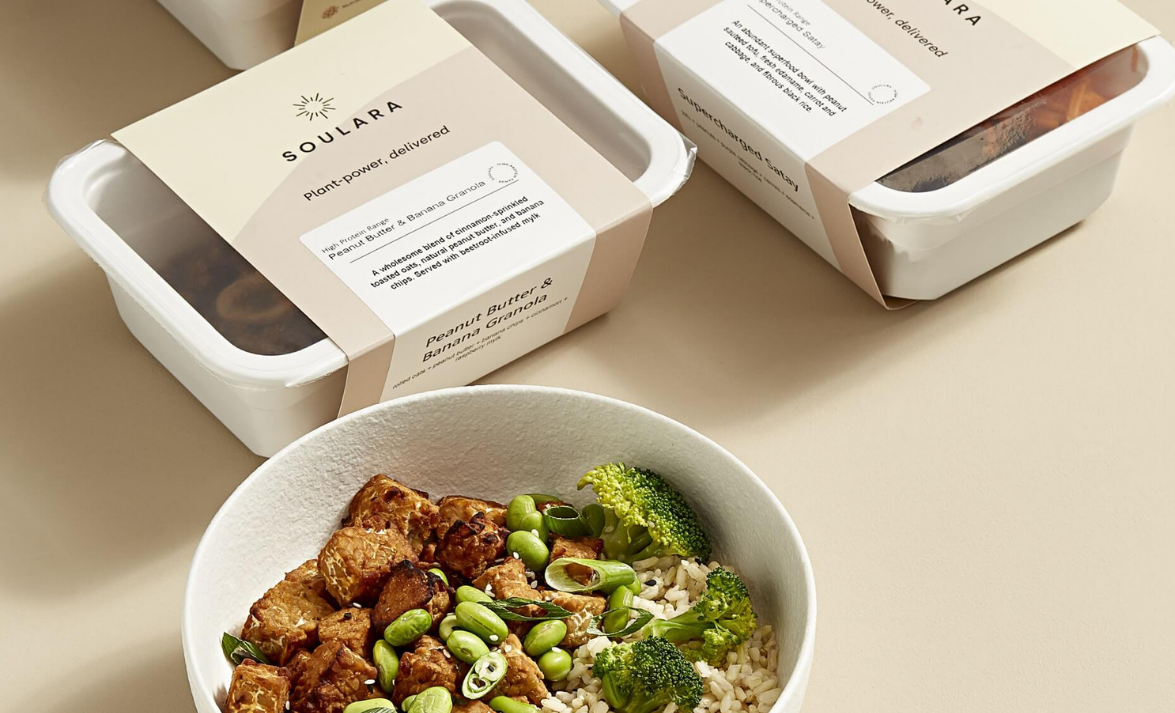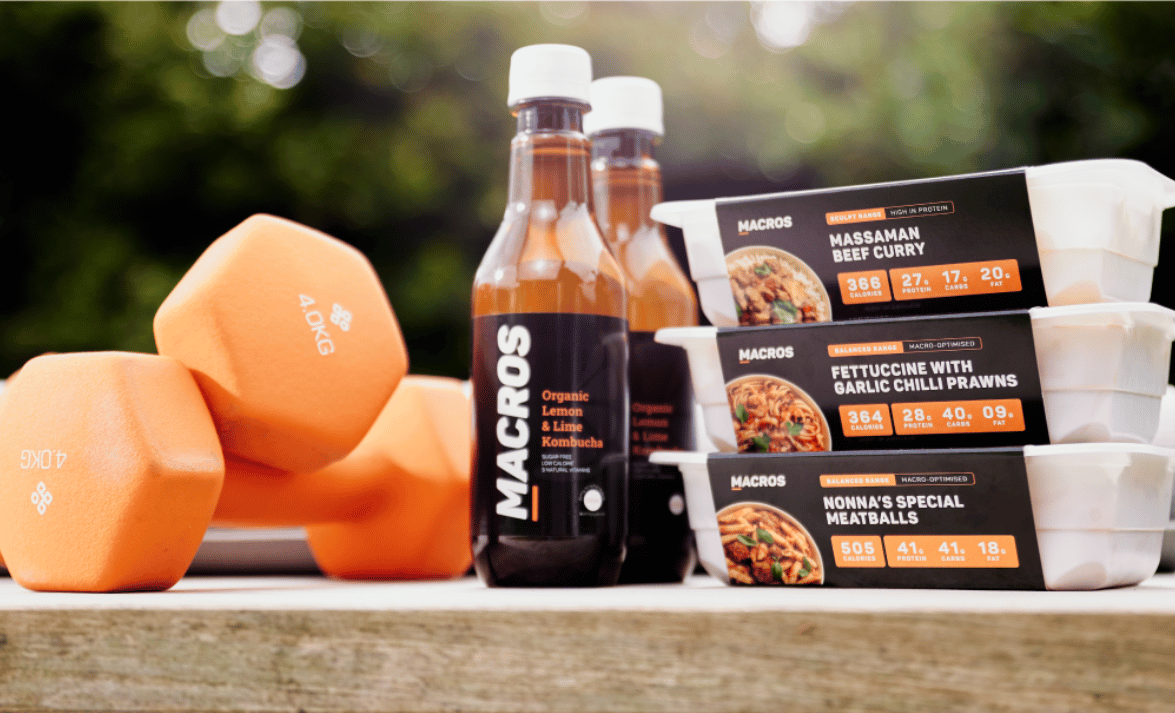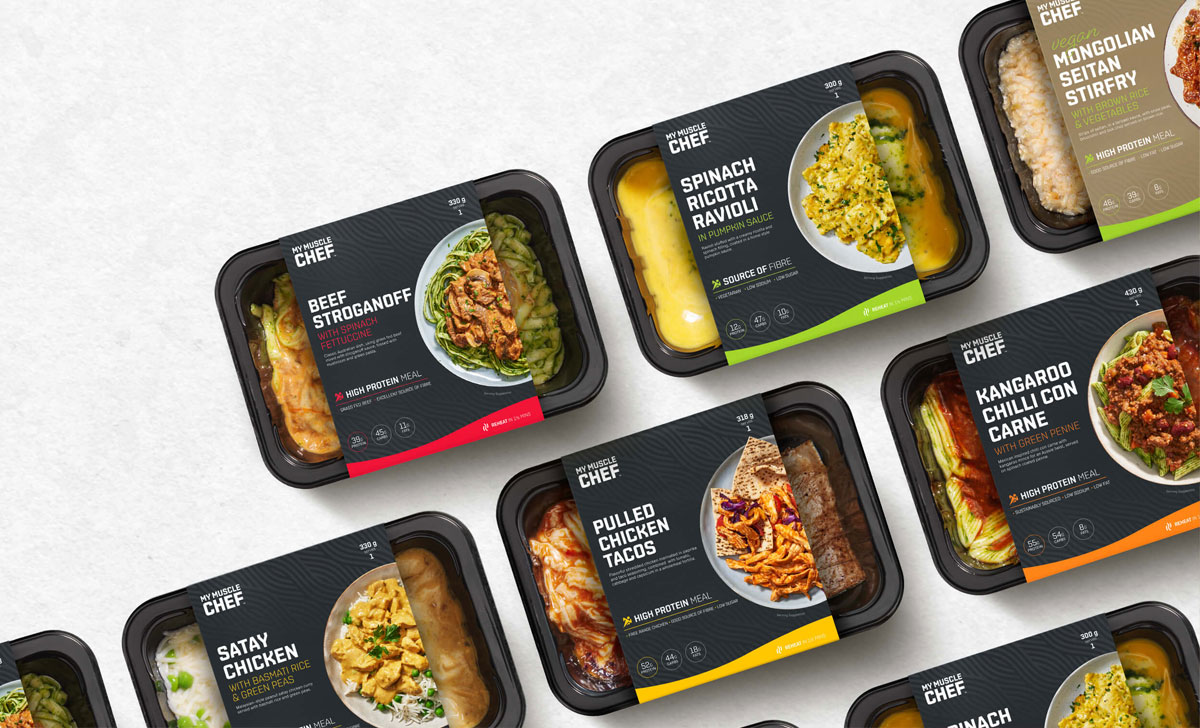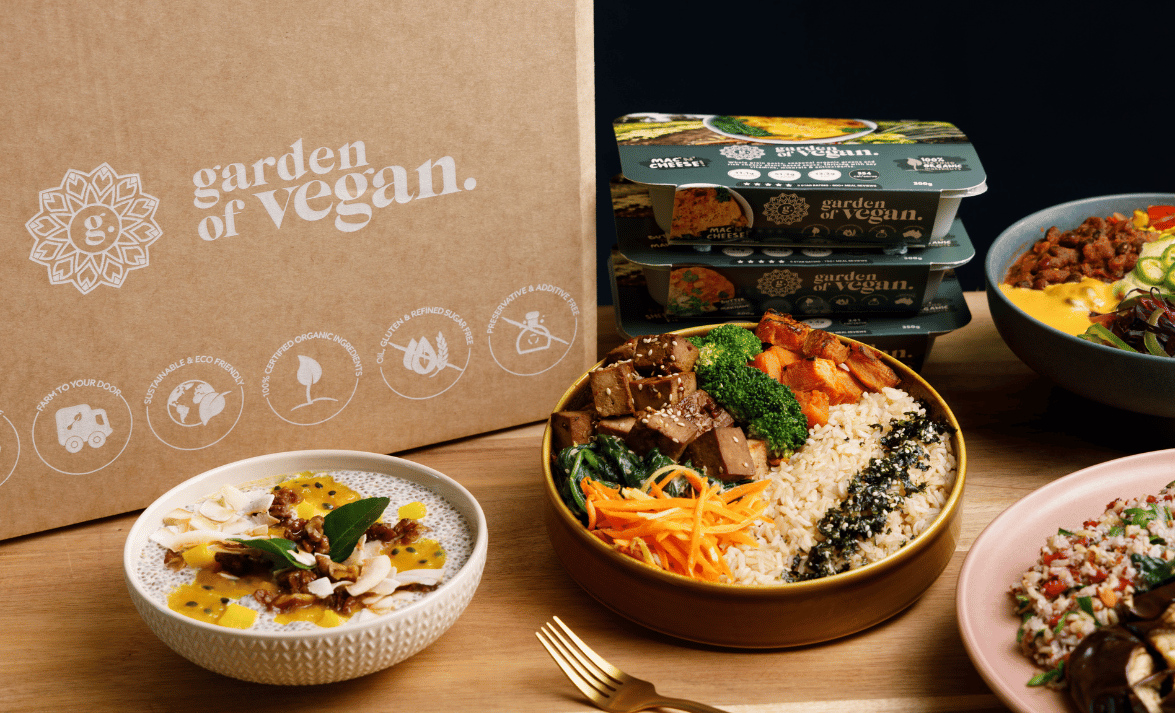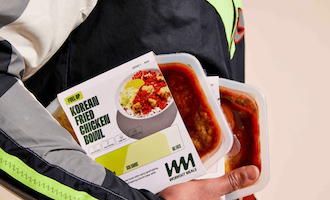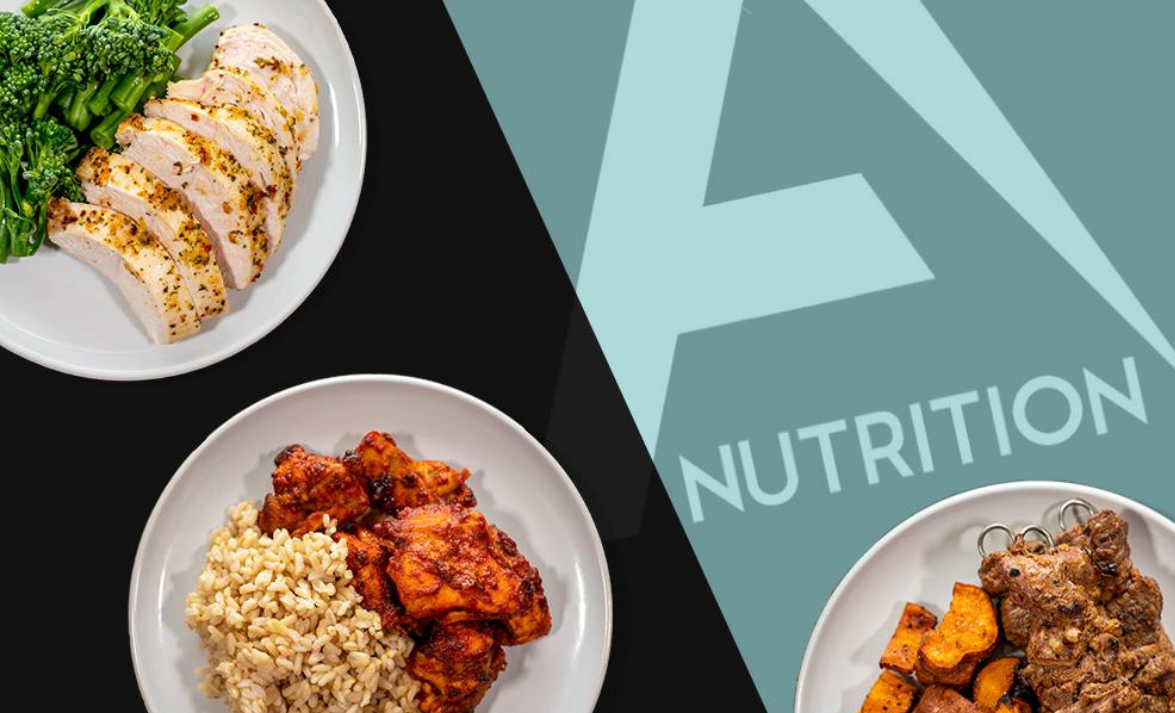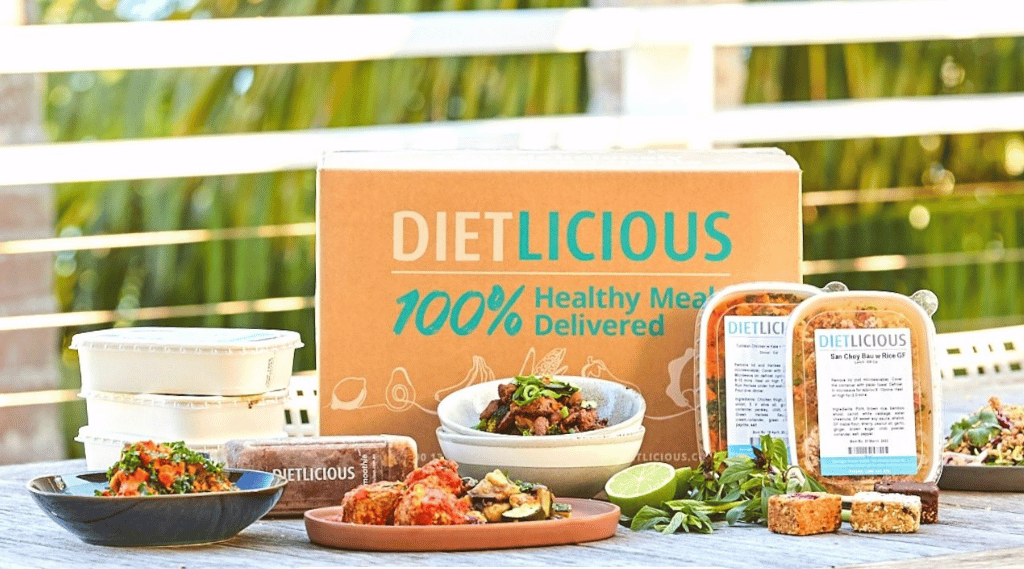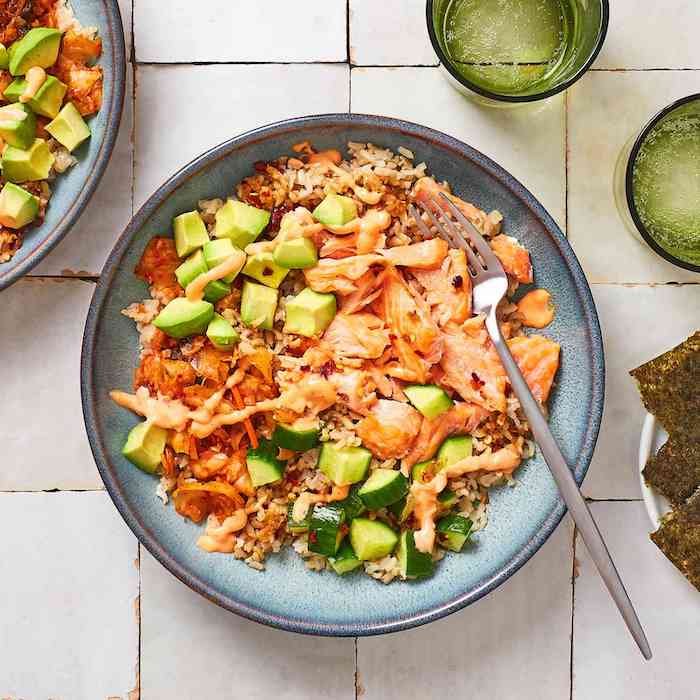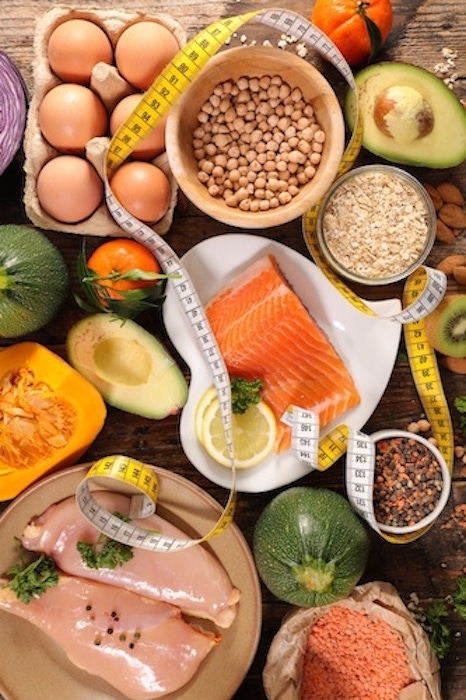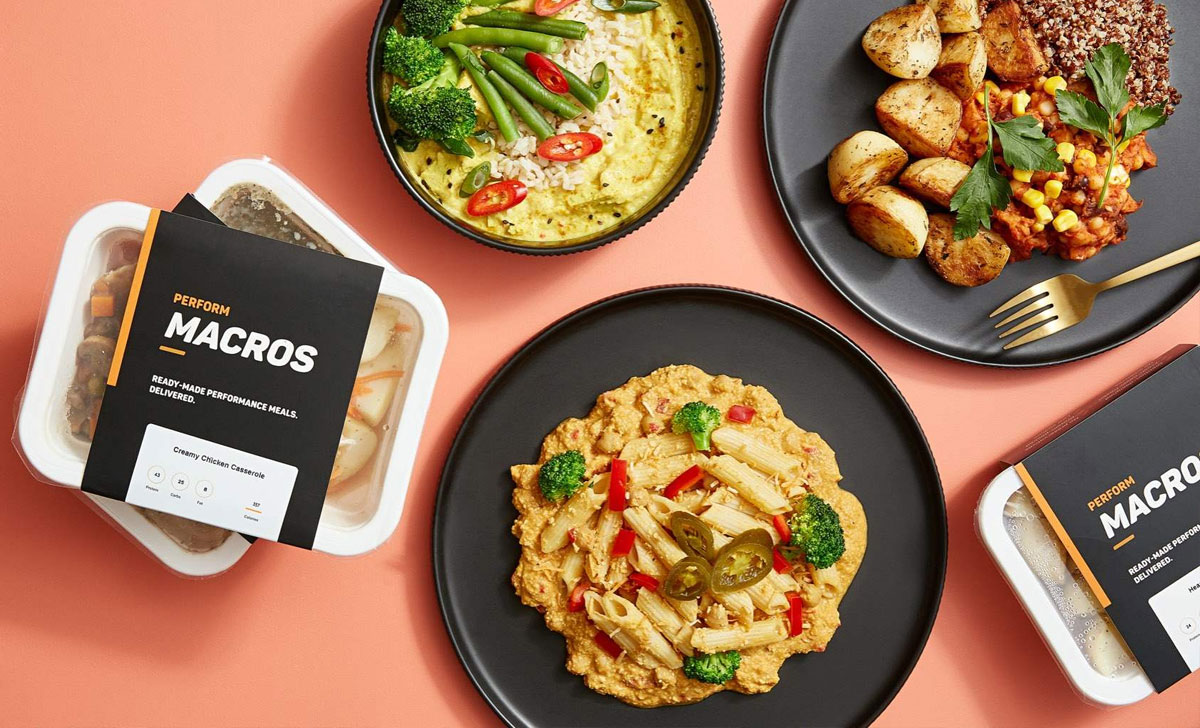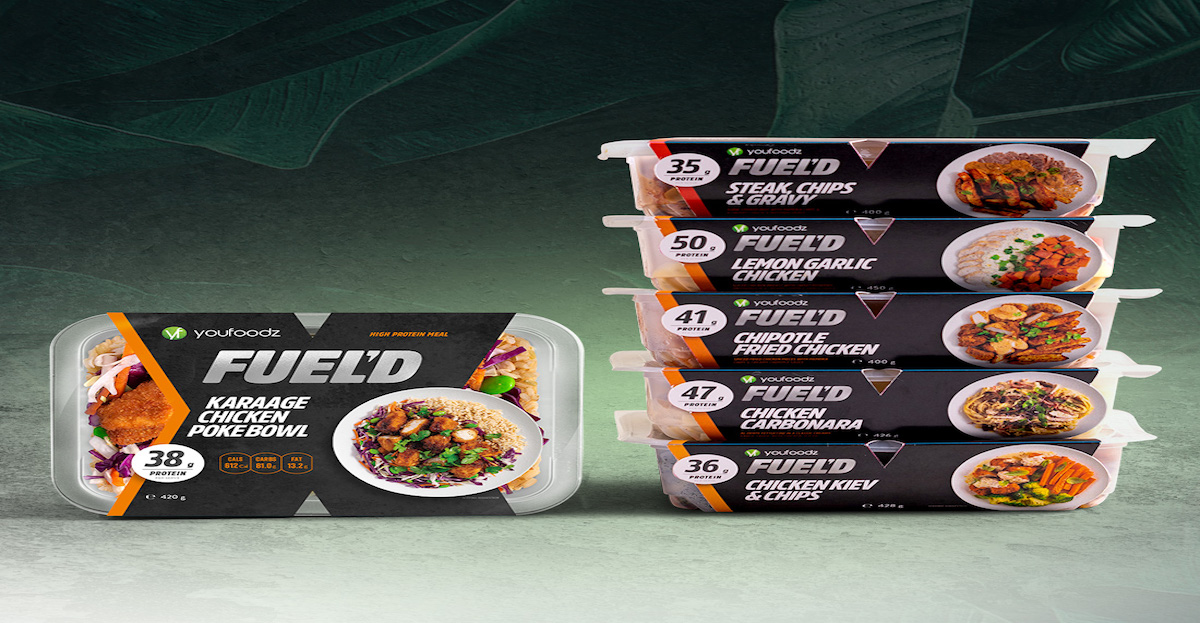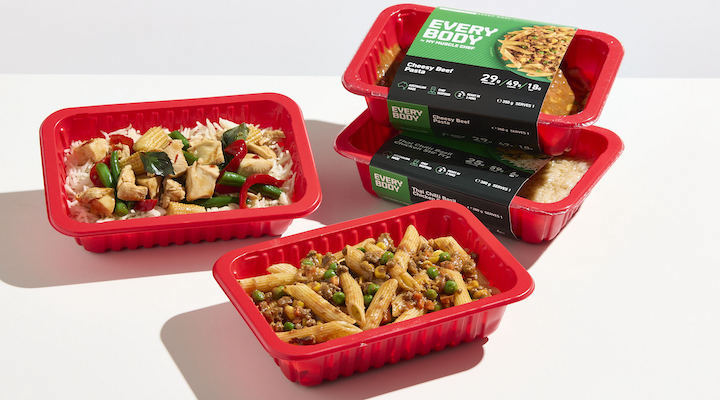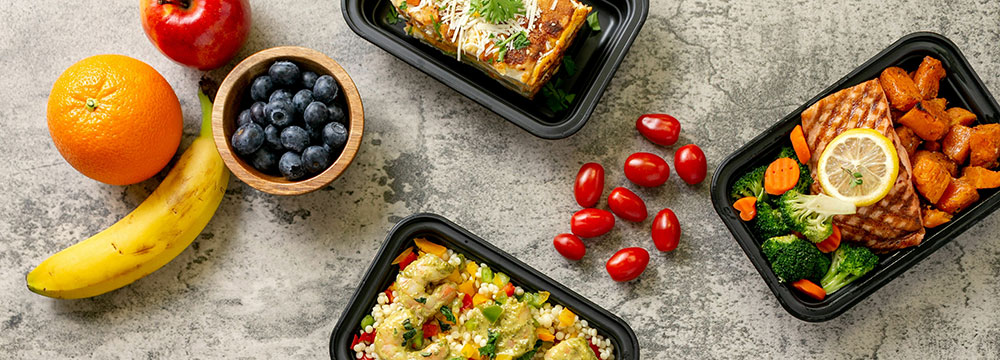- Meal Delivery
Shop by Category
TOP PROVIDERS
POPULAR SEARCHES
Meal Finder Tool

Use our meal finder quiz to find the best meal delivery service for you.
- Vitamin & Supplements
- Deals
- About
- Blog
High Protein Meals
High Protein Meals
We compare some of Australia’s best high-protein meal services that offer a wide range of individualised tailored plans from high protein, low-fat to calorie-high food options. Whether you’re after a helping hand with a high protein breakfast or just after some high protein vegetarian inspo we have you covered!
Featured Product
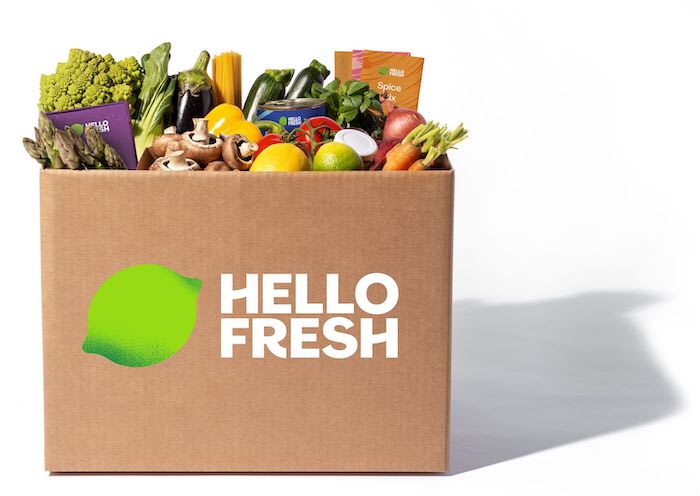
Featured Product
Get up to $200 off first 6 boxes. For new customers and those who have cancelled their boxes 6 months ago*
Full T&Cs available https://www.hellofresh.com.au/about/termsandconditions
Compare High Protein Meals
Advertiser Discolure Advertiser DiscolureUp to $200 off your first 5 boxes! Get Deal
Each meal in the Youfoodz FUEL’D range is designed around its high protein content with the aim to aid with …
NSW, VIC, ACT, QLD, NT, SA, WA, TAS
$10.95/serve
10 Keto Meals for Only $130/per Week Get Deal
A Life Plus creates fresh, healthy meals using local ingredients, free from added preservatives, sugars and chemicals. A Life Plus …
NSW, VIC, ACT, QLD, SA, WA, TAS
$13.00/serve
Get $220 OFF first 5 boxes! Get Deal
Marley Spoon offers a range of High Protein recipes that contain 40g+ of protein per serve. Choose from 100+ recipes each week.
NSW, VIC, ACT, QLD, SA, TAS
$10.99/serve
30% off your first order and 20% off your next order! Get Deal
Chefgood's High Protein meals can be selected as part of a Chefgood meal plan. Choose from 30+ meals each week!
NSW, VIC, ACT, QLD
$11.20/serve
$40 off across your first two boxes Get Deal
Dineamic is a carbon neutral company that sources local ingredients to create delicious, ready-made meals. Dineamic offers a selection of …
NSW, VIC, QLD, SA, WA, TAS
$11.50/serve
Foober meals focus on creating meals that use high-quality ingredients, no sugar with worldly-inspired flavours ensuring there is a meal …
NSW, VIC, QLD
$12.12/serve
Thr1ve creates ready-made meals that are designed by nutritionists and chefs, using the latest science. Their meals aims to help …
NSW, VIC, QLD
$11.95/serve
Workout Meals are designed for time-poor, fitness-focused individuals. Designed by experts, Workout Meals provide you with the required nutrition you …
NSW, VIC, ACT, QLD
$11.30/serve
Get up to $200 off first 6 boxes! Get Deal
Hello Fresh has a diverse range of high-protein meal options from lean meats and poultry to fish, seafood and high-protein …
NSW, VIC, ACT, QLD, NT, SA, WA
$11.67/serve
$200 OFF Your First 8 Orders Get Deal
Soulara is a 100% vegan, plant-based meal delivery service with all meals, drinks and snacks free of any animal products. Each …
NSW, VIC, ACT, QLD, NT, SA, TAS
$8.50/serve
Save $150 Across 5 orders! Get Deal
MACROS Sculpt Plan is one of the MACROS Fitness plan options and includes single-serve meals that are high in protein, …
NSW, VIC, ACT, QLD, NT, SA, WA, TAS
$10.50/serve
Save $150 Across 5 orders! Get Deal
MACROS Perform Plan is one of the MACROS Fitness plan options and includes single-serve meals that are protein-packed, with a …
NSW, VIC, ACT, QLD, SA, WA, TAS
$9.90/serve
High-quality, flavourful and delicious meals that are convenient and affordable. High Protein, No Added Gluten, Vegetarian, Vegan, and Dairy Free.
NSW, VIC, ACT, QLD, SA, WA, TAS
$11.00/serve
Save up to $120 on your first 6 orders! Get Deal
My Muscle Chef allows you to choose and personalise 3 different meals plans that align with your nutrition goals. The …
NSW, VIC, ACT, QLD, SA, WA
$8.85/serve
Save $150 Across 5 orders! Get Deal
MACROS Gain Plan is one of the MACROS Fitness plan options and includes single-serve meals calorie-loaded and packed with carbs …
NSW, VIC, ACT, QLD, SA, WA, TAS
$11.67/serve
$100 OFF YOUR FIRST 4 ORDERS! Get Deal
Garden of Goodness, formerly Garden of Vegan, provides 100% certified organic, whole-food, gluten and oil-free, fully vegan meals. The Increase …
NSW, VIC, ACT, QLD, SA, TAS
$14.95/serve
Workout Meals are designed for time-poor, healthy & fitness-focused individuals. Each meal has been created by certified nutritionists and chefs …
NSW, VIC, ACT, QLD, SA
$12.90/serve
Athlete’s Nutrition focuses on fueling elite Australian athletes with healthy chef-prepared meals that are nutritionally balanced, calorie controlled and high …
NSW, VIC, ACT, QLD
$10.25/serve
$30 off your first order! Get Deal
Dietlicious is a flexible meal service that offers high protein ready-to-eat meals with no contracts and no joining fees to …
NSW, VIC, ACT, QLD
$13.50/serve


